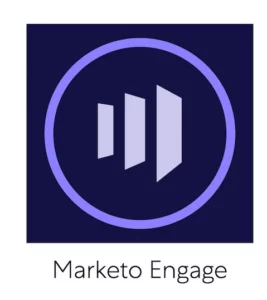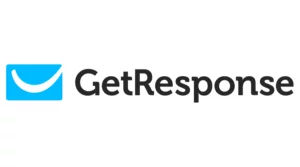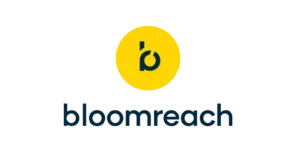Best Marketing Automation software
Our marketing automation software guide lists some of the best options for businesses, including Drip, Mailchimp, Omnisend, and HubSpot.
What to look for in marketing automation software
Features: Good marketing automation software has a rich feature set. Having more tools at your disposal helps your business easily achieve its marketing goals. Important tools to look for include:
- Automation for workflows (e.g., new customer onboarding) and marketing tasks (email campaigns, SMS broadcasts etc.)
- Analytics generated from web traffic, social media traffic, revenue and other metrics
- Lead scoring
Not every option you look at will include every marketing tool imaginable. Try to pick a marketing automation software that has the features to meet your business needs.
Ease-of-use: The goal of marketing automation software is to make marketing easy. That’s why ease of use is an important thing to consider when shopping for marketing automation software. The user interface should be neatly designed and easy to navigate. The tools should be intuitive and simple to use. A hard-to-use marketing automation program makes marketing more frustrating and complicated than it should be.
Price: The price of marketing automation software is another important consideration. Most large businesses can afford higher-priced options/plans. Startups and small businesses are usually limited to cheaper software options. Most marketing automation software offers 14-day free trials plus a free account. However, the free account will not have the advanced features of the priced plans. Developing a set budget will help you find the right price for your marketing automation software.

Adobe Marketo Engage

OneSignal

GetResponse

ActiveCampaign

Drip

HubSpot Marketing Hub
What is marketing automation?
Marketing automation is software that helps streamline the marketing process. It manages and executes various tasks for you through multiple channels, e.g., email, website, social media, and SMS. The platforms have features for automating workflows, email campaigns, lead generation, and much more. Marketing automation software also provides analytics and custom reports on various metrics, such as campaign ROI web traffic.
What are the benefits of marketing automation?
There are many benefits to using marketing automation software. First, marketing automation simplifies the marketing process. The software completes and manages tedious, repetitive, and challenging tasks for you. This can free up your workload and allow you to focus on other areas. Second, marketing automation combines several marketing tools into a single platform. Having these features in a single location is convenient and can increase your efficiency/productivity. Lastly, marketing automation platforms can help you make better decisions thanks to their analytics and reports features. For example, you can learn how to improve your email campaigns based on how customers responded to previous ones.
What are the disadvantages of marketing automation software?
The main disadvantage of marketing automation software is that it can be difficult for new marketers. Some of the features have a steep learning curve, the workflow automation tool being one of the most challenging to master. That’s why many people recommend spending plenty of time familiarizing yourself with marketing automation software. The second disadvantage is that marketing automation can be expensive. The price jump from the free/starter plans to the advanced accounts can ramp up quickly. This puts small businesses and startups at a disadvantage.
What are the typical features of marketing automation software?
The key feature of marketing automation software is workflow automation. According to HubSpot, this feature is a series of automated actions that operate based on a person’s behaviours or contact information. Based on the person’s actions, they are sent through a specific email sequence. For example, a person receives a “Welcome” email containing a product offer link. If the person clicks the link, they will be grouped into a customer email marketing journey. Workflows can be set up for multiple channels, including email, SMS, and social media. The workflow automation feature has templates that you can customize. This saves you the trouble of making a workflow from scratch.
Analytics is another important feature of marketing automation software. This tool analyzes data and statistics from campaigns, workflows, revenue, and other areas and summarizes the results in a report. A business can use the analytical findings to improve its marketing.
Lead scoring is assigning values to contacts you generate for your organization. You can score leads in several ways, including the personal information they’ve shared and how they’ve interacted with your brand. Lead scoring helps businesses organize and prioritize leads based on their likelihood of becoming customers. This feature also helps businesses grow their customer base.
Lastly, most marketing automation software provided an automated marketing tasks tool. For example, you can create automated email messages and ads for your customers. Like the workflows automation feature, this tool has customizable templates. Automated marketing can be integrated with various channels.
Is marketing automation worth it?
For businesses looking to grow their brand, marketing automation is worth it. You will be able to reach more people and turn them into loyal customers/clients. Most of your complicated marketing tasks are managed and automatically executed by the software. The efficiency and productivity of you and your team might increase as well.
Features and functionalities
- Lead scoring
- Automated marketing tasks
- Scheduling flexibility
- Web analytics
- Social analytics
- Workflow automation
- Basic reporting
- ROI analytics
- Predictive analytics




